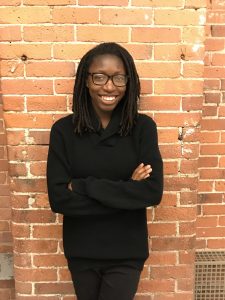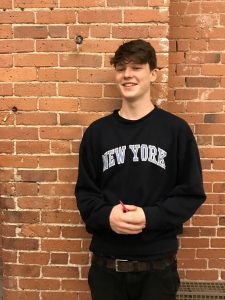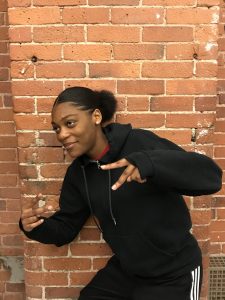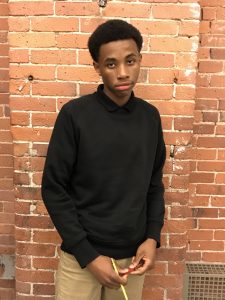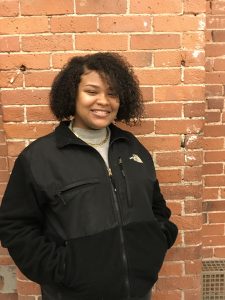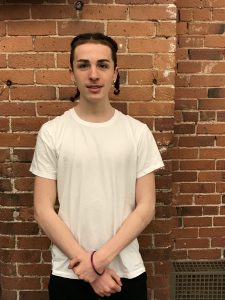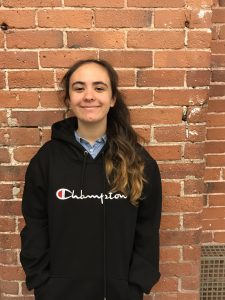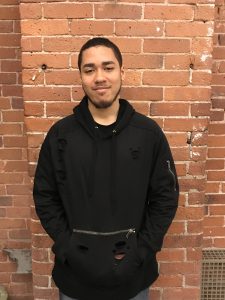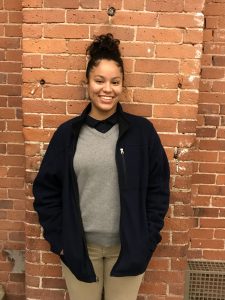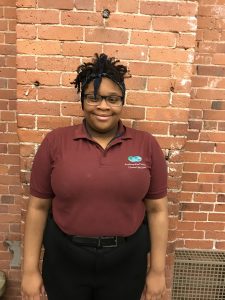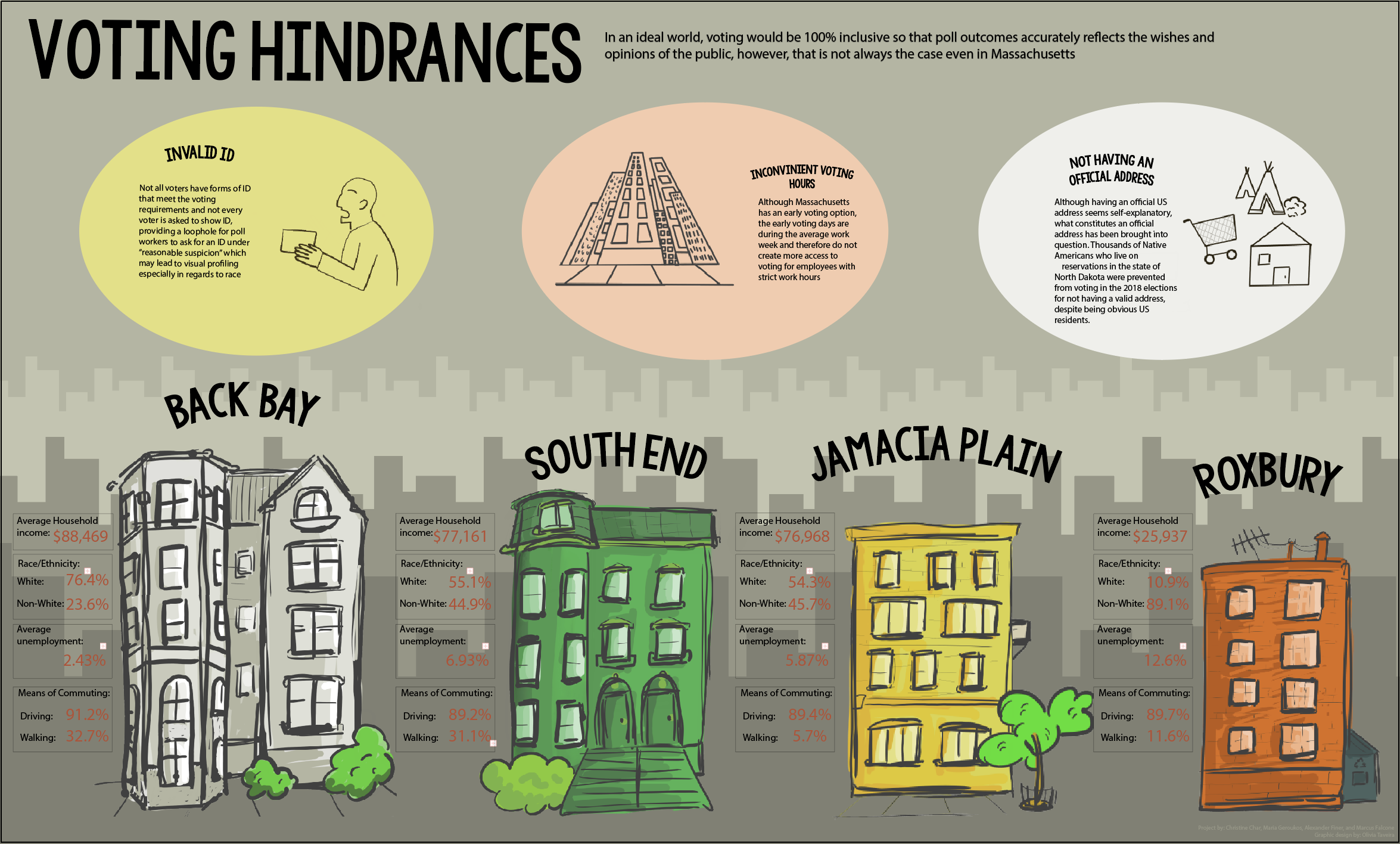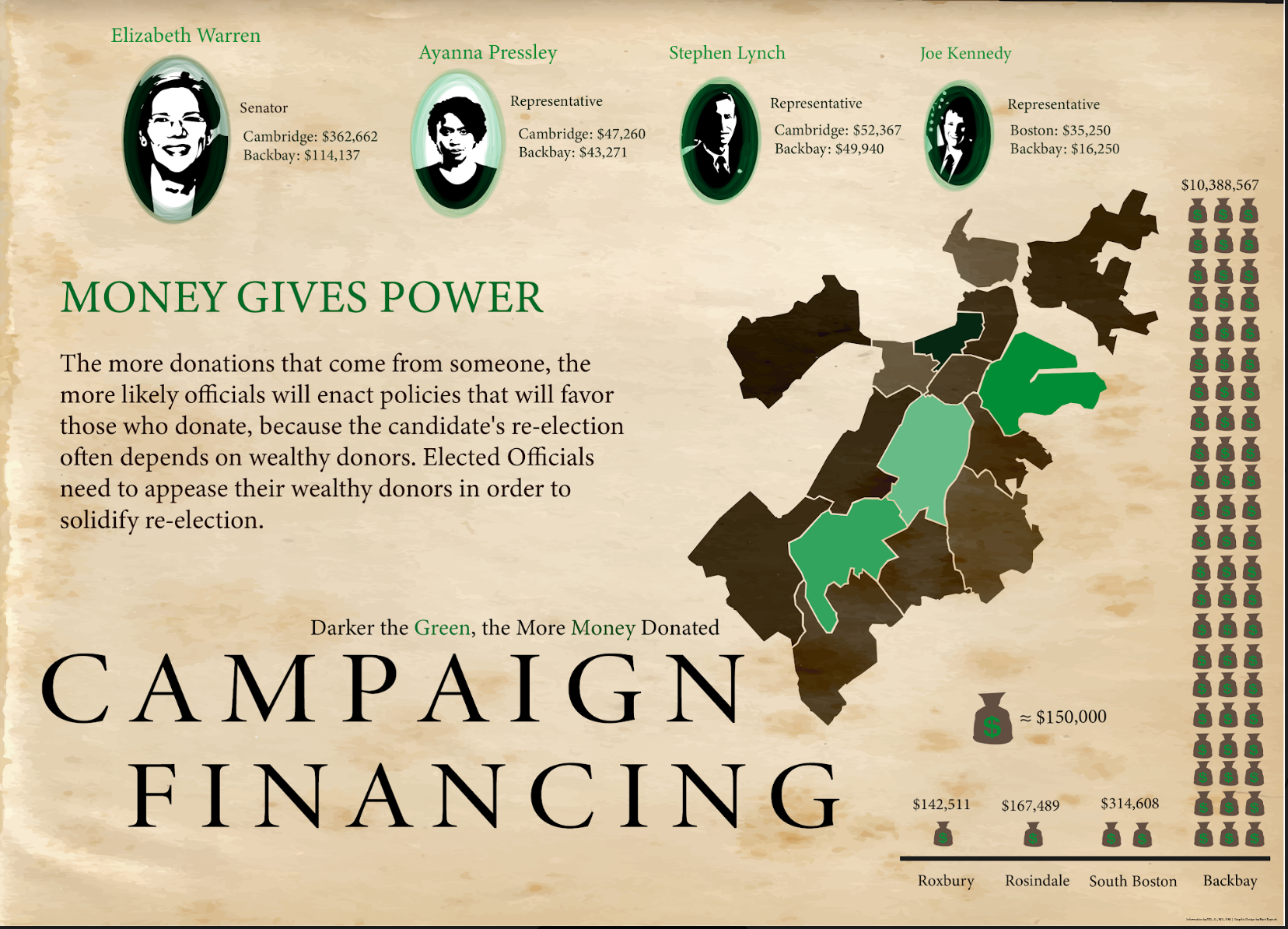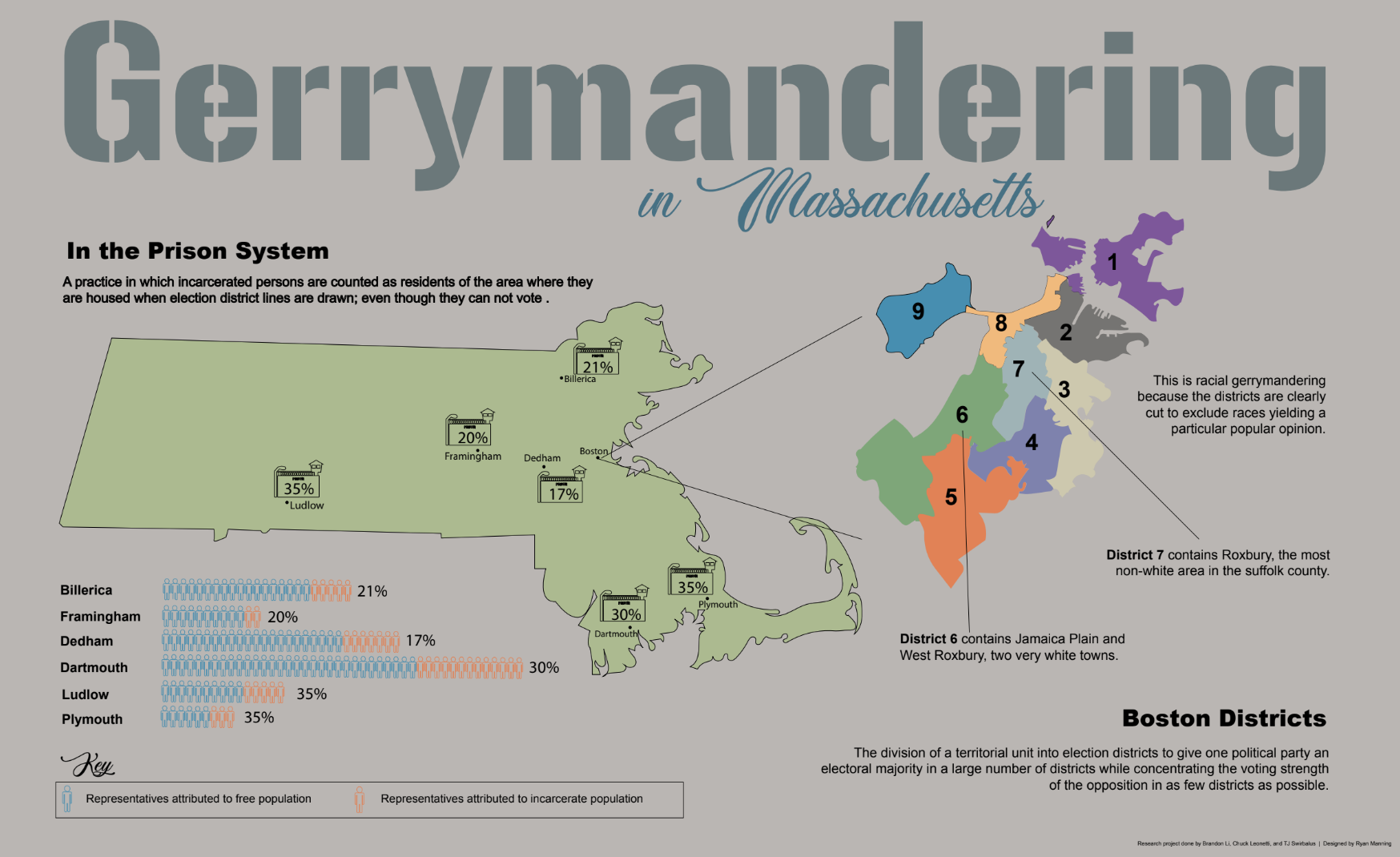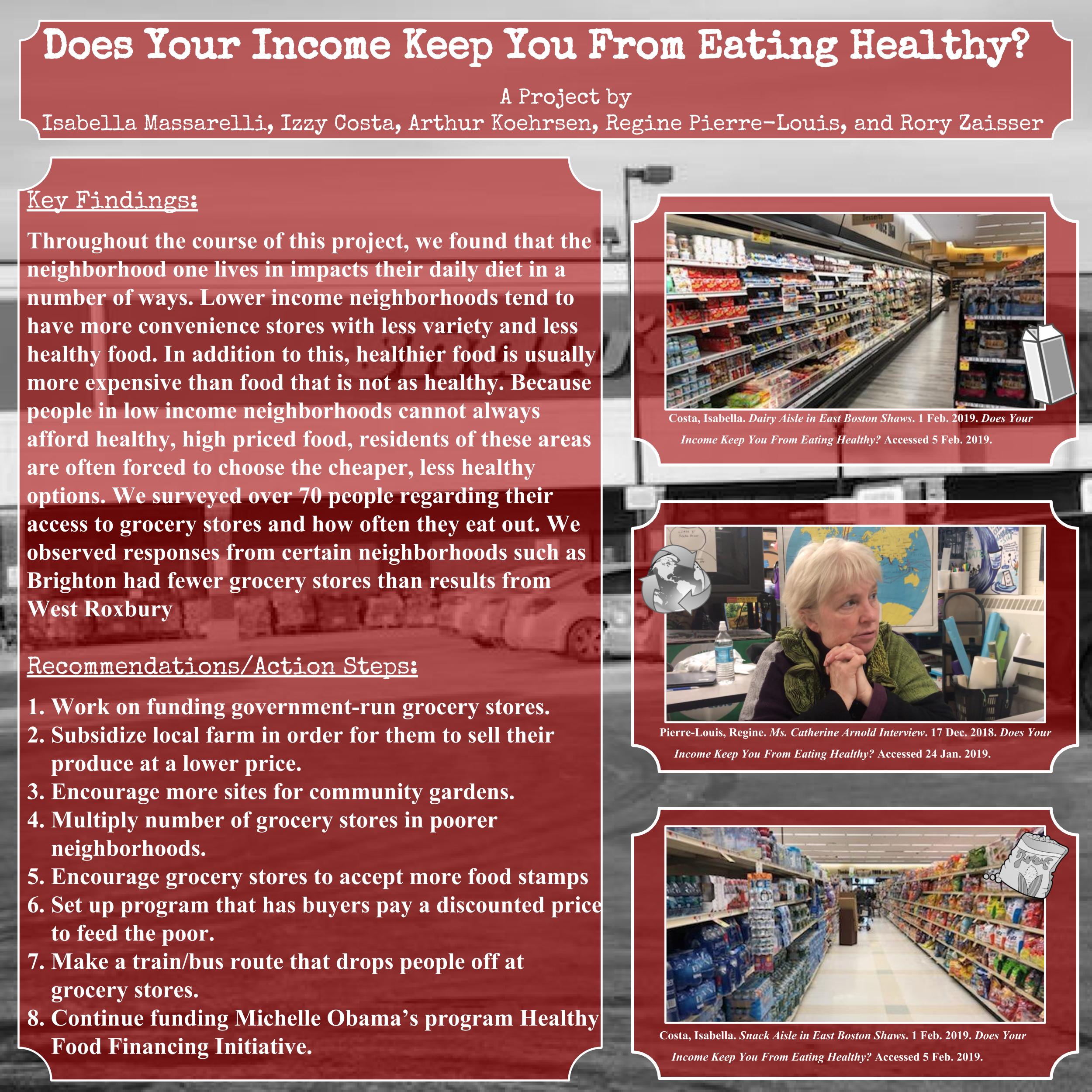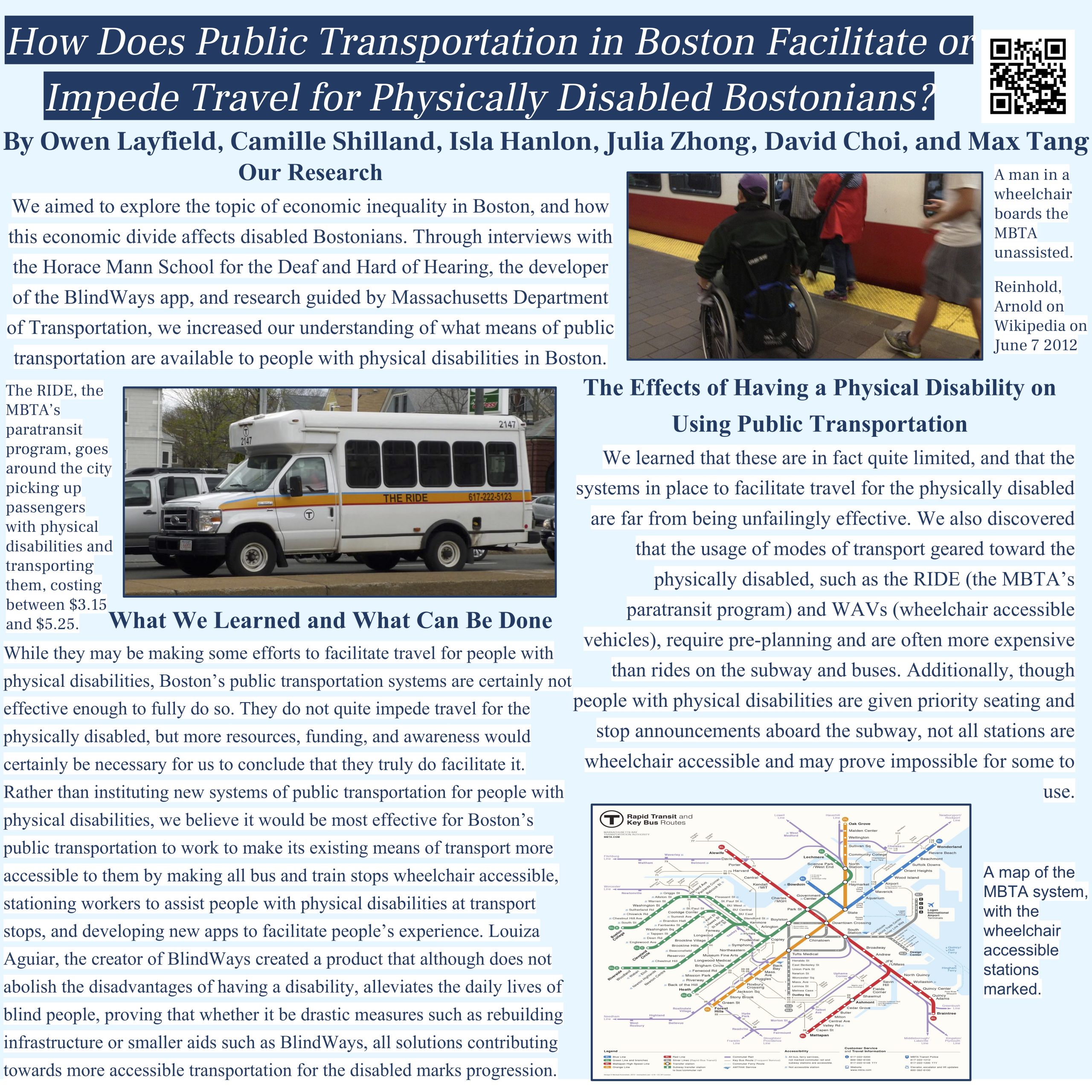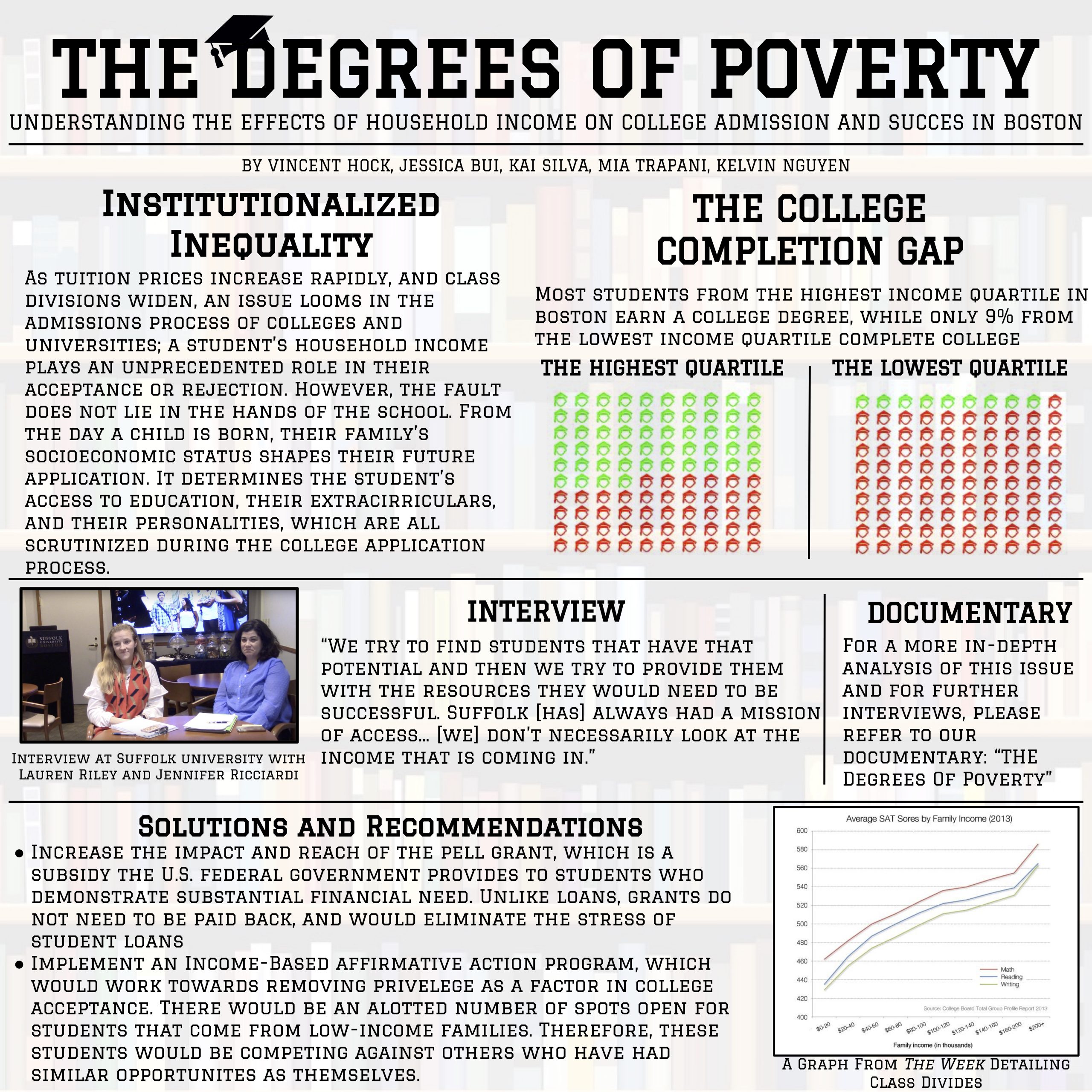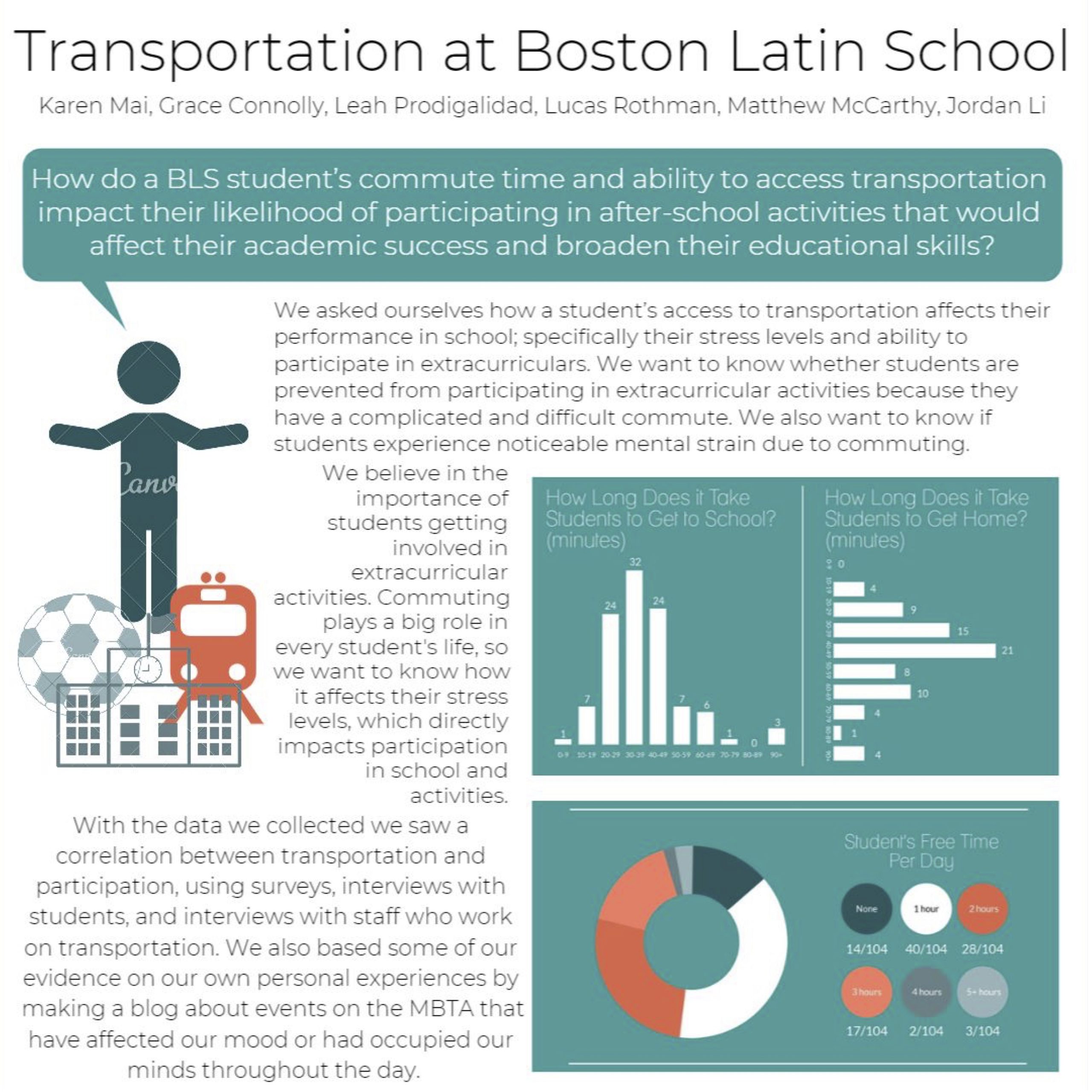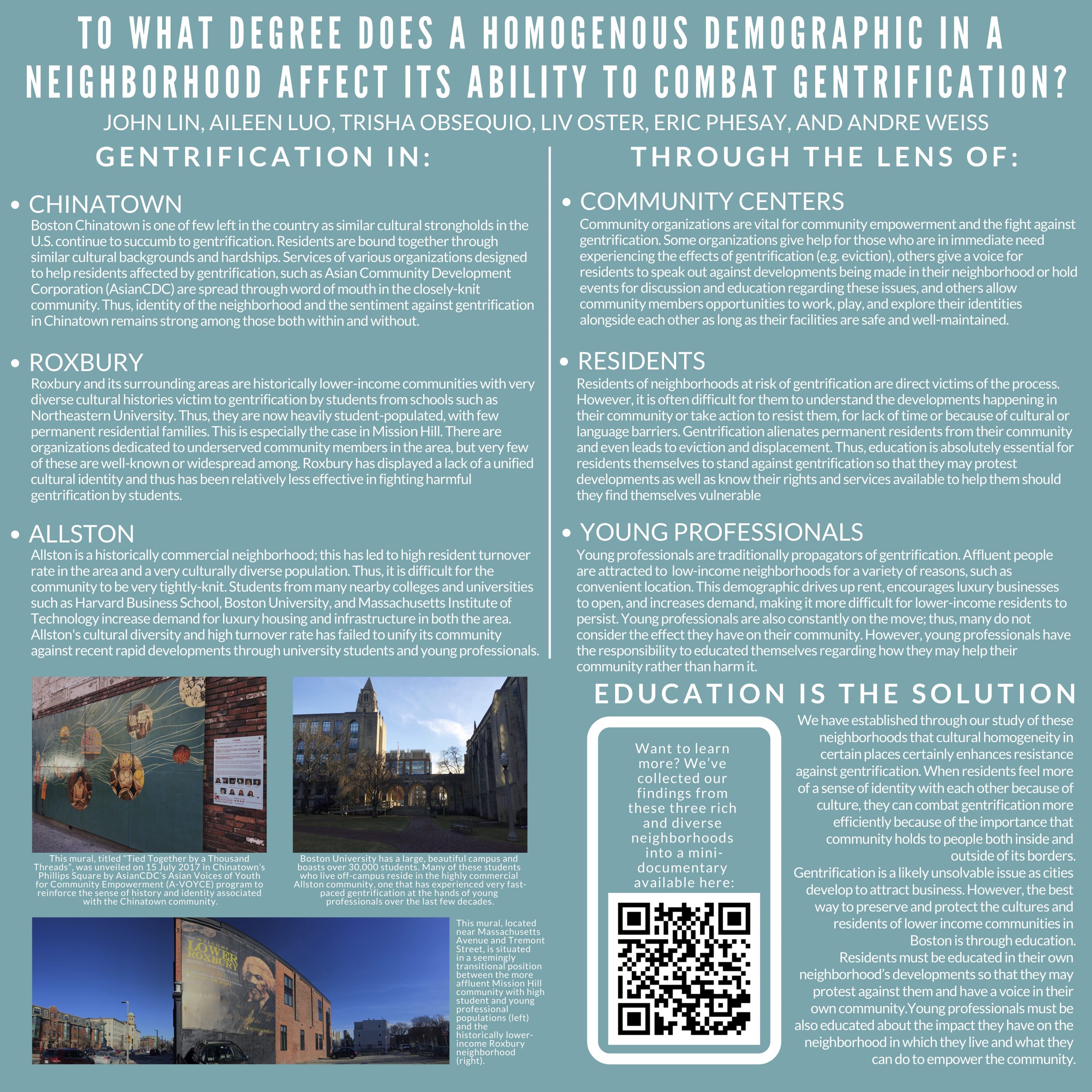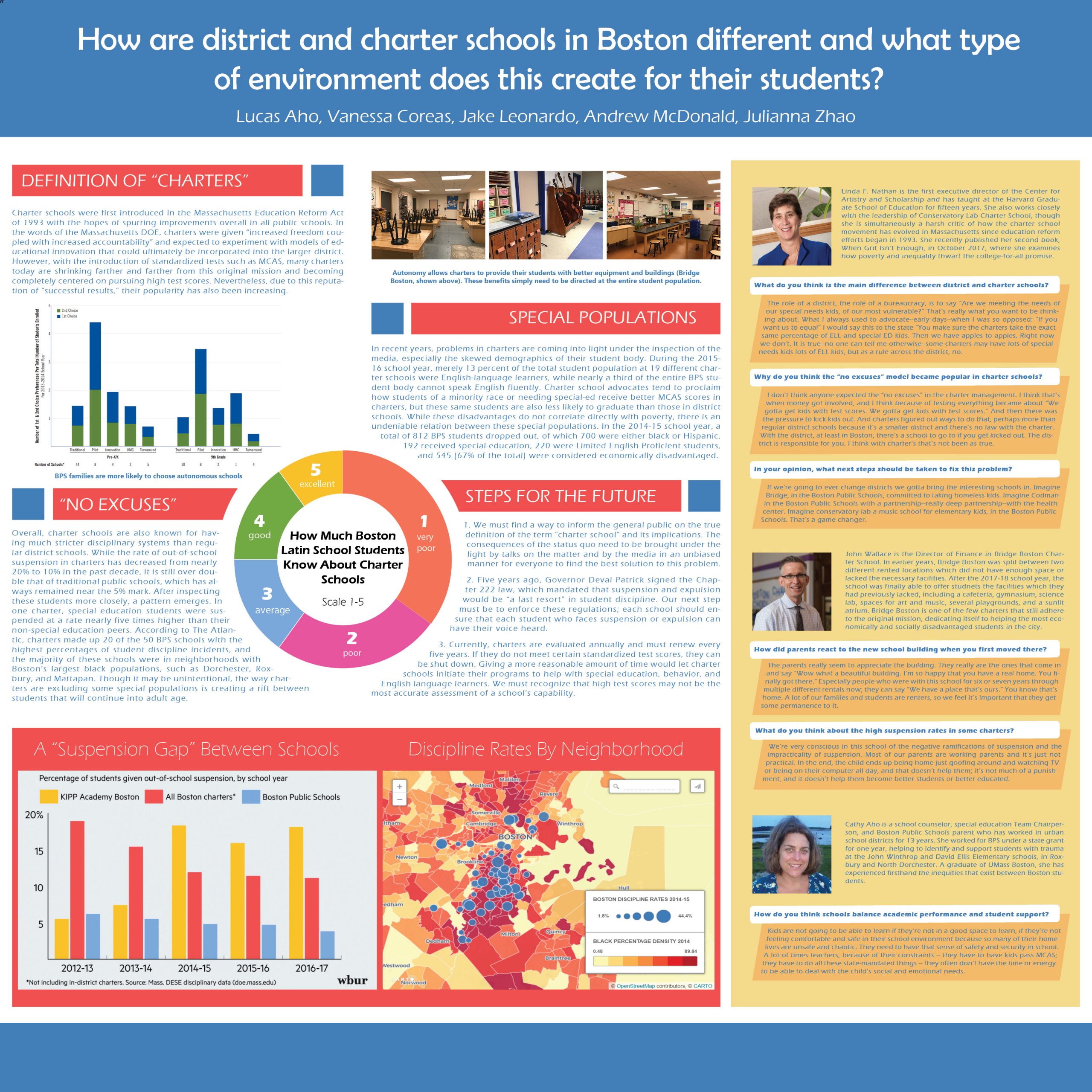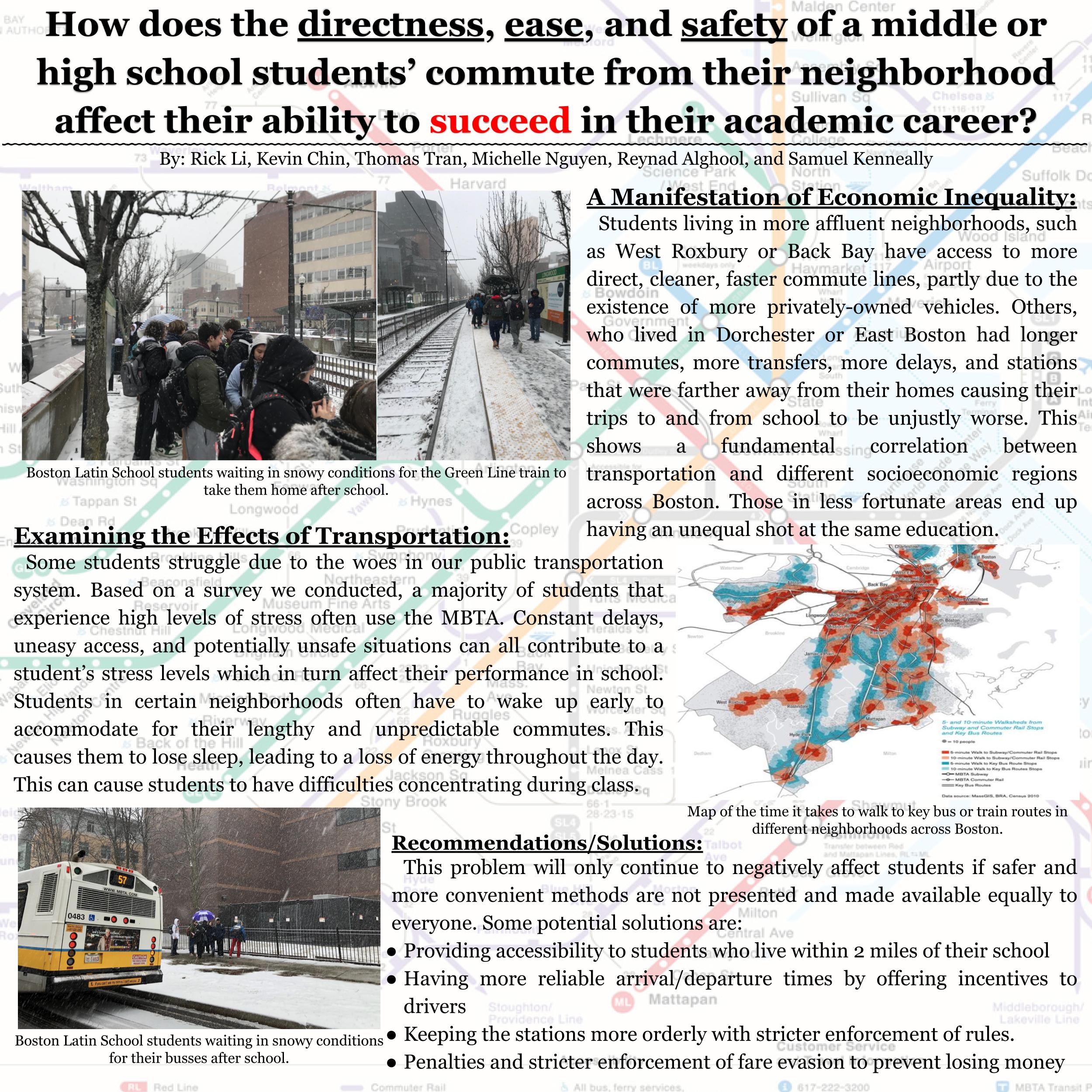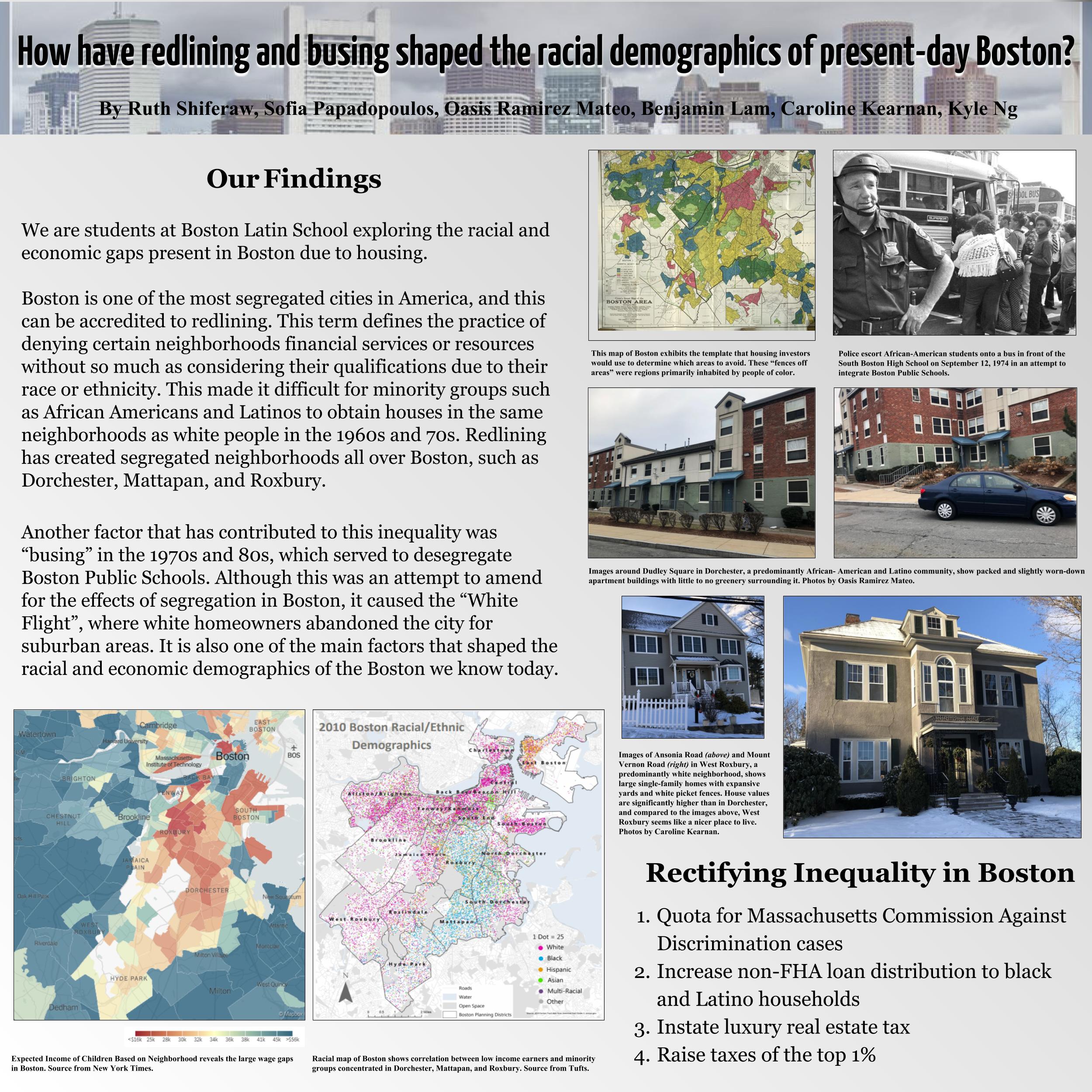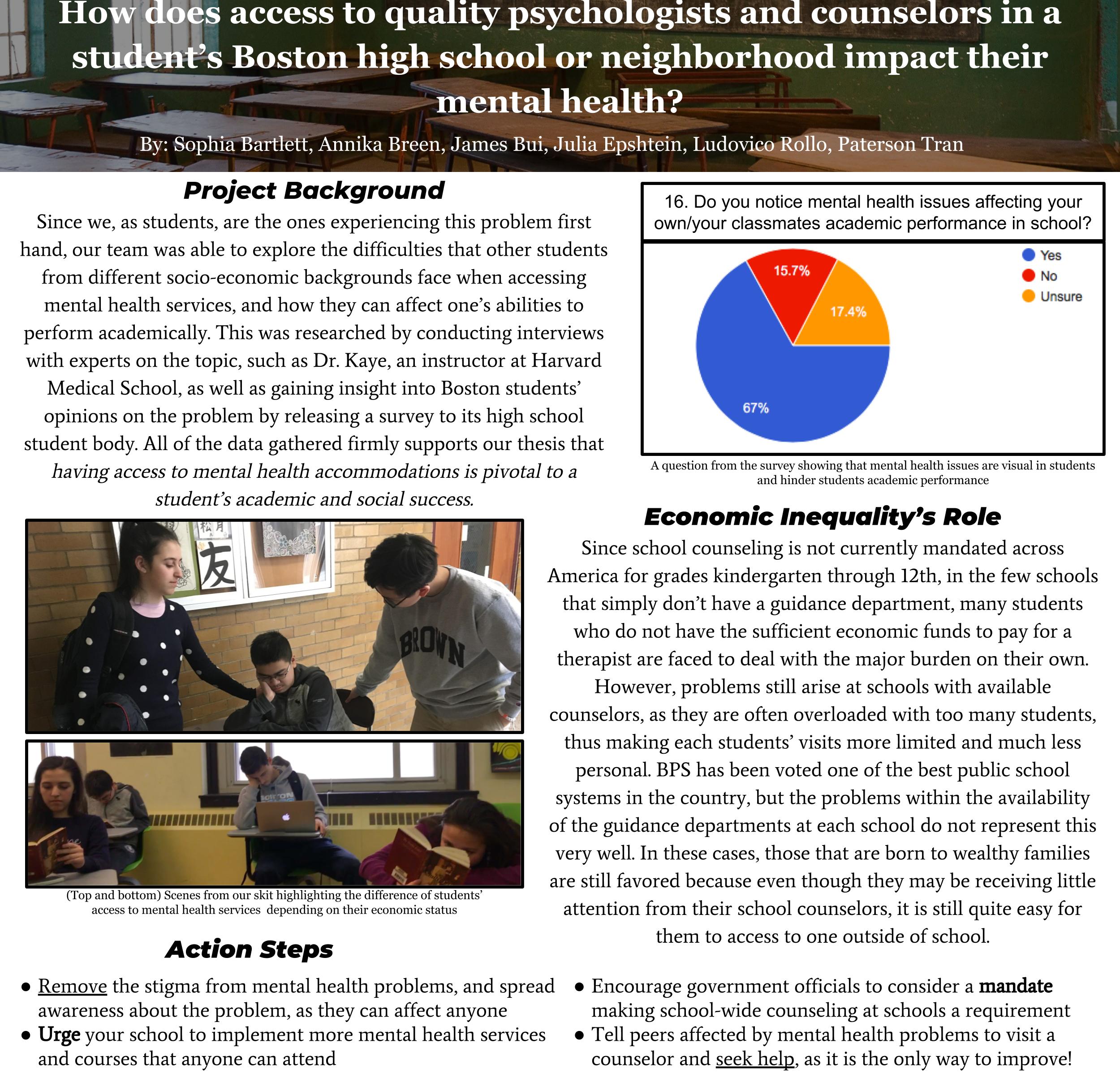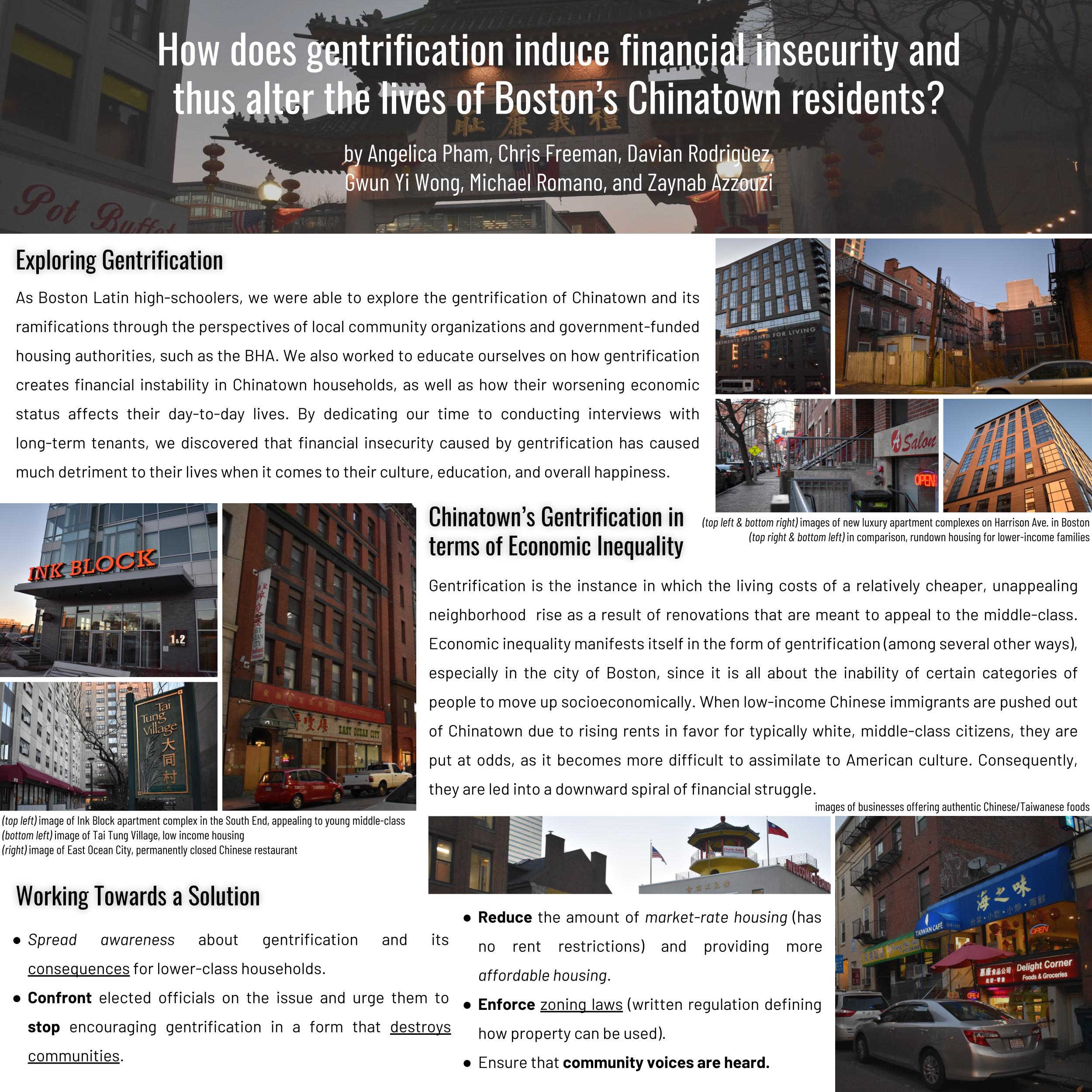Boston College High School: Student Conference on Public Health
Edward M. Kennedy Institute for the United States Senate
May 21, 2023, 1-3pm
Teacher: Ewing
Boston Collegiate: Student Conference on Public Health
Edward M. Kennedy Institute for the United States Senate
May 21, 2023, 1-3pm
Teacher: Palacio Ortiz
Teacher: Flores
John D. O’Bryant School: Student Conference on Public Health
Edward M. Kennedy Institute for the United States Senate
May 21, 2023, 1-3pm
Teacher: Cording
Teacher: Arzoumanian
Teacher: Reny
Phillips Academy Andover: Student Conference on Public Health
Edward M. Kennedy Institute for the United States Senate
May 21, 2023, 1-3pm
Teacher: Martin
Boston International Newcomers Academy: Student Conference on Public Health
Edward M. Kennedy Institute for the United States Senate
May 21, 2023, 1-3pm
Teacher: Jackson & Geyling-Moore
Milton Academy: Student Conference on Public Health
Edward M. Kennedy Institute for the United States Senate
May 21, 2023, 1-3pm
Teacher: Jackson & Geyling-Moore
Teacher: Margraf
Teacher: Malinda Polk
Teacher: Figueroa
Teacher: Palmero
Boston College High School: Projects on Climate Justice
Teacher: Melissa Ewing
Course: AP French Language and Culture: Boston et Lyon font face au réchauffement climatique
Essential Questions: How can interpersonal, international, and interlingual correspondence deepen our sense of care and responsibility for one another and the world we share? How does the way we experience global warming in our own cities impact our sense of urgency? How do cultural differences impact our sense of responsibility for the greater good?
This year, students used FlipGrid to virtually connect with an exchange school, Lycée Saint Marc, in Lyon, France where they engaged in asynchronous video conversation about the impact of climate change in both cities. Here the emphasis was on both the collective and individual efforts to address global warming. The personal insights and stories shared deepened students’ appreciation of the various ways climate change impacts us. The students also exchanged handwritten letters that they scanned and incorporated into their advocacy posters.
Boston College High School: Projects on Climate Justice
Boston Collegiate Charter School: Economic Inequality
Sophomores asked:
In our city’s racially and economically divided ecosystem, how might intersectional narratives bridge gaps of wealth, race, and education in hopes of building a more equitable and inclusive Boston?
They interviewed people in communities across Boston on the subject of wealth inequality and built this website.
Global Studies students asked:
Why did we/our families move to Boston? Did we find the economic, social, and political equality that we were searching for?
They mapped their family stories.
Boston College High School: Economic Inequality
Economics students asked:
Why is the “American Dream” about social mobility and not social justice?
They interviewed people across Boston about whether the American Dream exists.
Click here to view their work.
French students asked:
How has the presence of Haitian Temporary Protected Status recipients enriched our city culturally and economically? What losses could we endure if we do not defend their future here?
They developed monologues inspired by their interviews with Haitian TPS recipients and area allies.
English students asked:
Is the American Dream achievable for all? What are the experiences of people facing inequality in areas of intersection?
They produced creative work that engages with these questions.
Boston College High School Projects on Economic Inequality
Economics students interviewed people across Boston about the American Dream. Click here to view their work.
French students created monologues inspired by their interviews with Haitian Temporary Protected Status recipients and their allies.
English students responded to questions about the American Dream through creative work.
Academy of the Pacific Rim: Economic Inequality
These APR students examined the following questions in their work on economic inequality:
Why does economic inequality exist in the United States?
What are its impacts?
What should we do about it?
- Daysia
- Quinn
- Gabrielle
- Kerry
- Haddie
- Jack
- Delia
- Anthony
- Annelly
- Amoy
The students address these questions in speeches they wrote and performed. View the speeches in the links below.
Phillips Academy Andover: Projects on Climate Justice
Teacher: Mark Cutler
Course: Spanish 502: The Making of a Latino City
Essential Question: How does a city founded during the Industrial Revolution and known early on as “The Immigrant City” become a predominantly Latino and Hispanic city?
Students created critical portrayals of and reflections on local history in the post-WWII era through addressing the following questions: What are the forces that created the Merrimack Valley and have attracted humans to this area over millennia? How do shifting demographics globally, nationally, and regionally impact the culture of a place? What are the impacts of shifting demographics on our local society and its people? What are the roles and the responsibilities of the insider and the outsider in interpreting local history? Why Lawrence?
Teacher: Corrie Martin
Course: English 300: Why Literature?
Essential Question: What place do themes and depictions of the climate crisis have in literary fiction and art today?
Responding to the claim by novelist Amitav Ghosh that the contemporary literary world has largely failed to represent or grapple with the climate crisis, we engaged with the poets included in the anthology All We Can Save: Truth, Courage, and Solutions for the Climate Crisis, in an attempt to understand the power and limits of literature and art to incite imaginative solutions and shape radical new understandings of our situation. Students will present original “Situation Videos” (after the genre created by poet Claudia Rankine and video artist John Lucas) that seek to immerse viewers inside the complex layers of various climate justice issues through a combination of images and narration. Each video narrates an original poem inspired by work in the anthology.
Teacher: MJ Wong Engel
Course: English 100: An Introduction
Essential Questions: What is oral history? What is climate change? What is climate justice? Why create oral histories of climate change/climate justice?
Framed by How We Go Home: Voices from Indigenous North America edited by Sara Sinclair, students worked independently and in pairs to create a living archive of community climate justice oral histories.
Teacher: MJ Wong Engel
Course: English 200: Writing to Read, Reading to Write
Essential Questions: What is climate fiction? What can writing climate fiction uniquely reveal about climate change?
“I’ve told a story in order to make a case for the truth. I recognize the contradiction here.” (Chiang 230)
Framed by Ted Chiang’s Exhalation and Ruth Ozeki’s My Year of Meats, students researched an environmental issue at home and wrote their own short work of speculative climate fiction.
Milton Academy: Projects on Climate Justice
Teacher: Lisa Baker
Course: Advanced Creative Writing
Essential Question: How can the realities of climate change reshape our imagined fictions?
After studying the story collection Florida by climate writer Lauren Groff, students wrote their own climate flash fictions, experimenting with how climate change can restructure our narratives: shifting the interior worlds of our characters; altering our notions of story conflict; and remapping our thematic landscapes. After workshopping and revising the stories, students collaborated in small groups and built websites to connect and showcase their work, incorporating image and audio.
Teacher: Alisa Braithwaite
Course: Themes in Contemporary World Literature
Essential Question: What role can literature play in the mitigation of climate change?
After reading fiction from North America, West Africa, Southeast Asia, and the Caribbean, students identified key themes about the climate crisis that they wanted to explore in-depth. The themes chosen were: Literature and the Representation of Climate Change, Intersectional Environmentalism, Climate Change in a Global Context, and Climate Solutions. The students curated their findings on a website created for the course and they encourage you to discover the intersections between these themes as you peruse their work.
Teacher: Melissa Soto Figueroa
Course: Performing Literature
Essential Question: Which population of people are most affected by climate change? What can we all do to make an impact in our communities and world today?
Students interviewed school community members, experts in the field of climate change, and read articles, poems, and non-fiction literature addressing the issue. From this material, the students created a found poem (poem based on collected language from other sources) titled “The Earth’s Eulogy.” This poem is a call to action for a planet in peril, specifically articulating the voices of those in the Boston area that are trying to make a difference in our community and in our world.
Teacher: Sharon Mathieu
Course: Climate Justice is Your Right, Not Privilege!
Essential Questions: How are our identities shaped by our access to living in a pollution-free zone? How does privilege play a role in how we engage with climate justice? How does our understanding of privilege shape our awareness of access to pollution-free zones and clean water and our decisions to get involved?
Through debates, students concluded that climate change policies made by Massachusetts political officials must address the social injustice suffered by those communities victimized by corporate agreements that allowed pollutants to be placed near their homes. Students developed critical and creative pieces, including letters to local politicians, visual art, poems, animations, public service announcements, and dance, that articulate our collective responsibility for reducing pollution and mitigating climate change.
Teacher: Andrea Geyling-Moore
Course: Activism for Justice in a Digital World
Essential Question: How do social justice issues intersect with environmental and climate justice?
Students wrestled with issues of human rights, environmental racism, income inequality, food insecurity, homelessness, education, and immigration. The year began with a virtual “Toxic Tour” in Roxbury led by ACE (Alternatives for the Community and the Environment). This experience inspired a year-long exploration of how various social justice issues intersect with environmental and climate justice. Students have created a powerpoint presentation to share key takeaways from their own learning as well as resource links for others to learn or take action.
Teacher: Kristine Palmero Sydney
Course: Themes in Contemporary World Literature
Essential Questions: How does literature simultaneously make us confront the harrowing realities of climate change while also giving us hope that our efforts will affect change? How do colonialism and systemic racism affect characters’ experiences with storms, floods, and other natural disasters?
All year, students wrote nonfiction essays that explored how climate change informs and colors every part of their life: nostalgia, sports, dance, even standardized testing. They condensed one of their longform essays into a 500-word vignette that was turned into a three to five-minute digital story.
Milton Academy: Economic Inequality
Students in the Activism for Justice in a Digital World course asked local activists who work on economic inequality the following questions:
What can we learn from local activists about the impact of economic inequality through the lenses of environmental justice, racism, housing, education, and immigration?
How can we create change?
See how the activists answered in the videos linked below.
Deborah Hughes, Brookview House
David Noiles, Environmental Activist
Students in Class III English asked the following question:
What is the relationship between citizenship and access to wealth?
After answering the question for themselves, and then interviewing individuals they knew with various citizenship statuses in the US, they reached final reflections, which they share in the videos linked below.
In an interdisciplinary project, students in AP United States Government and in Advanced 2D Technology and Media collaborated to explore the following question:
How does economic inequality impact access to politics?
The research performed by the AP Government students was illustrated by the Advanced 2D Tech and Media students in these posters.
- Voting Hindrances
- Campaign Financing
- Gerrymandering
Boston Latin School: Economic Inequality
The students from Boston Latin School examined the following question in their research about economic inequality:
How does economic inequality in Boston impact its residents in terms of transportation, education, housing, and health?
Students displayed their learning in these posters.
- Access to Healthy Food
- Healthcare for Low-income Residents of Boston
- Public Transportation for the Disabled
- The Degrees of Poverty
- Athletic Funding in Boston Public Schools
- Transportation at BLS
- Homogenous Demographics and Gentrification
- Charter Schools
- Student Commutes and Academic Success
- Redlining and Busing
- Access to Mental Health Services
- Gentrification in Chinatown
They also created documentary films and a podcast that are linked below.
Healthcare for Low-Income Residents of Boston
Athletic Funding in Boston Public Schools
Homogenous Demographics and Gentrification
Student Commutes and Academic Success

